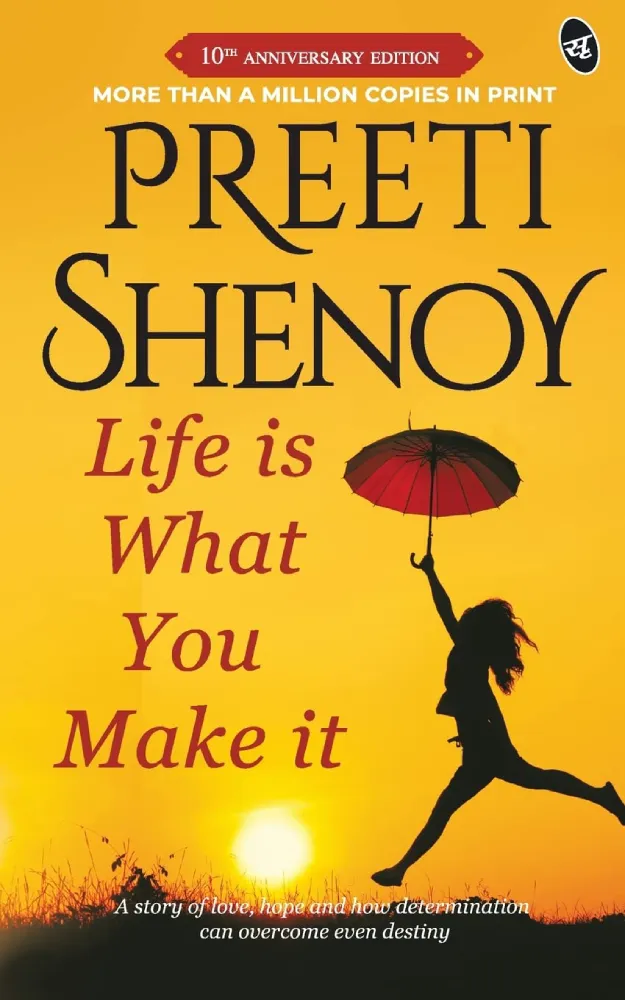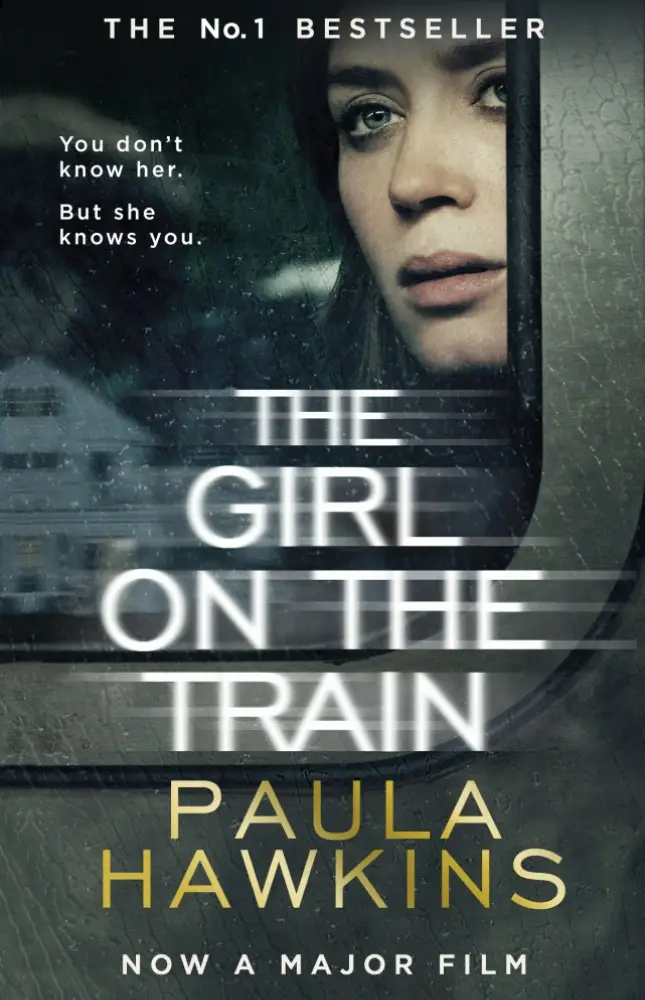Have you ever felt the terror of spiralling into obsession, where the lines between reality and fantasy blur beyond recognition? How do you escape before it consumes you completely
The Girl on the Train by Paula Hawkins is a perfect Psychological Thriller. It takes you on a journey where an obsession soon escalates into a dangerous web of lies, deceit, and unravelling truths.
The story begins with Rachel, a woman whose once-normal life unravels after discovering she can never have children. This heartbreaking realization drives her into a spiral of severe alcoholism, leaving her memory fractured and her marriage to her husband, Tom, in ruins. Following their divorce, Rachel loses her job and becomes a social outcast, relying on her only friend, Cathy, for a place to stay. Every day, Rachel pretends to commute to work, taking the train to London. From the train, she obsessively watches the house she once shared with Tom, now occupied by him, his new wife Anna, and their baby daughter.
Next door to Tom’s house lives a seemingly perfect couple, Megan and Scott, who fascinate Rachel. Their happiness reminds her of what she’s lost, and her obsession with their lives deepens, fuelled by jealousy and longing. But when Megan mysteriously goes missing, Rachel finds herself entangled in the investigation. Despite her unreliable memory and fragile state, she becomes an unexpected key in uncovering the truth—one that twists the story into a gripping psychological thriller.
The story unfolds through the eyes of three women—Rachel, Megan, and Anna. At first, this shifting perspective might seem like a deliberate tactic to stretch the narrative. But as you delve deeper, page by page, you realize there’s an intricate web connecting their lives—each thread knotted by secrets, lies, and betrayals.
What seems like a fragmented tale transforms into a masterstroke of storytelling. The deeper you go, the clearer it becomes that these women are not just narrators of their own stories—they are players in a much larger game. And the strings? They are being pulled by an unseen force, a puppeteer whose shadow looms more prominent with every twist and turn.
My Words…
My experience with The Girl on the Train was quite positive, especially as I’m exploring this genre and getting to know Paula Hawkins’ work for the first time. To my surprise, I discovered that this is her debut novel, which is quite remarkable given its impact. The story has even been adapted into a movie, a testament to its success.
What stood out to me was how effectively the novel conveys that everyone is fighting a personal battle. It dives into the mistakes we make in an attempt to fill the voids in our lives and how those mistakes often resurface in ways that threaten to consume us. However, to reduce Rachel’s struggles solely to her infertility would be an oversimplification of her character. Her story is far more nuanced, shaped by a mix of grief, addiction, and the complex web of relationships that surrounds her.
Before writing this review, I looked at the opinions of others and noticed something interesting: this book seems to strike a nerve, particularly with those who might not approach it with a broad perspective. It unapologetically highlights the fragility of the male ego in certain situations, which some readers may find unsettling.
At its core, The Girl on the Train succeeds in portraying the intricacies of the human mind—the messiness, the flaws, and the depths of our vulnerabilities. That said, it doesn’t offer any solutions or solace for personal struggles; instead, it holds up a mirror to our imperfections. Admittedly, there are moments in the book where fillers feel unnecessary, and you get the sense that the story could have been tighter.
Still, it’s a thought-provoking, engaging, and emotionally charged read—one that lingers with you long after you’ve turned the final page. It’s not just a book; it’s an experience and one that’s worth investing your time in.







